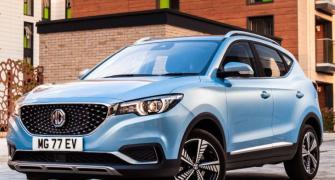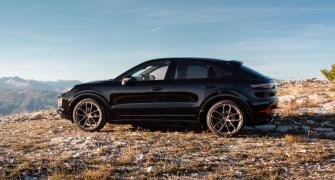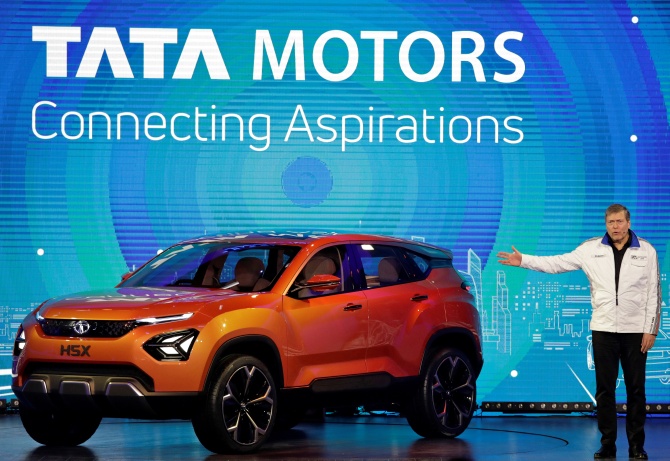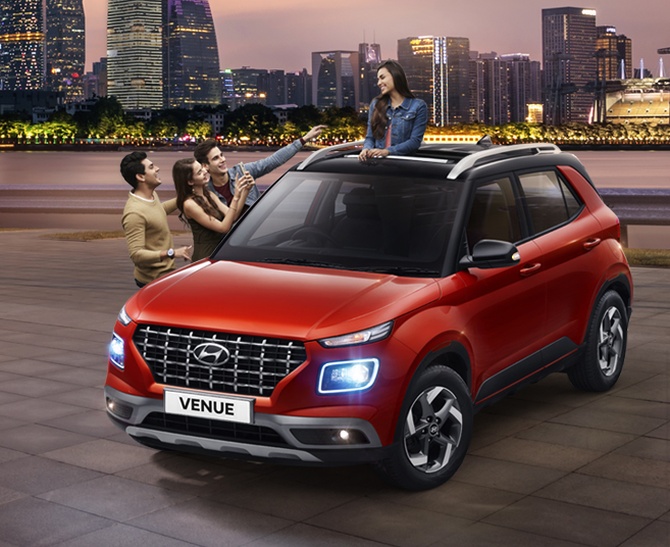The change in customer preference from diesel variants to petrol has happened quickly over the past few years.

Car market leader Maruti Suzuki India is confident its Bharat Stage VI (BSVI) and compressed natural gas (CNG) models will be enough to make up for the absence of diesel variants from its portfolio, helping it hold on to the top spot.
Maruti is sticking to this strategy at a time when rival Hyundai is looking to make the most of the monopoly it will have in the compact diesel segment from April 1, 2020, when the BSVI emission norms kick in.
The market leader’s confidence stems from the rapid shift in favour of petrol in the passenger vehicle (PV) segment.
Maruti announced it was exiting the diesel segment in June, citing high costs involved in transitioning from BSIV-compliant to BSVI-compliant diesel vehicles.
Other carmakers have followed suit in some or all segments.
“If one looks at the share of petrol and diesel within various categories of PVs, petrol dominates in quite a few,” said Shashank Srivastava, executive director, sales and marketing, Maruti.
The market for vans is completely petrol driven.
In the hatchback segment - 46 per cent of the PV market - diesel accounts for only 5 per cent even at current price levels.
For sedans, diesel’s share is 30-35 per cent; for SUVs it is nearly 67-68 per cent, Srivastava said.
On Wednesday, Maruti signed an agreement with Federal Bank in Mumbai for dealer and retail financing.
For SUVs, in the entry and mid-level segments, petrol has a large share.
For newer models such as MG Hector and Seltos, nearly 75 per cent bookings are for petrol variants, Kia has 55 per cent from petrol variants.
The change in customer preference from diesel variants to petrol has happened quickly over the past few years.
In 2012, diesel had a 60 per cent share in total sales; now, it is down to 30 per cent.
For Maruti, diesel’s share in PVs is less than 20 per cent.
As the price gap between diesel and petrol widens after the BSVI norms come into effect, diesel’s share will shrink more, said Srivastava.
Maruti’s investors do not seem worried about its exit from the diesel segment.
“We don’t see a material impact on volume and market share,” said Mitul Shah, vice-president at Reliance Securities.
Volume loss, if it happens at all, will not be more than 5 per cent, said another analyst who did not want to be named.
Maruti is hoping that BSVI petrol variants of Brezza and S-Cross will make up for the absence of diesel.
The company is also placing its bet on CNG variants to fill the void.
The maker of Baleno and Brezza took the lead in rolling out BSVI models from April, a year ahead of the 2020 deadline.
It has sold nearly 380,000 BSVI-compliant cars.
At present, CNG accounts for 8-9 per cent of total sales.
In Mumbai and Delhi, about 40 per cent of Wagon R sold is CNG variant.
Srivastava said availability of the fuel will play a major role in determining how quickly it is adopted.
At present, only Delhi, Mumbai, and Gujarat have the requisite network.
Maruti is betting on the government’s expansion plan of ramping up the network from the current 93 to 398 cities to sell more CNG cars.
By the end of 2019-20, Maruti plans to sell 125,000 cars against 102,000 cars a year ago.
“As the network expands, CNG will be a good option,” Srivastava said.
Touching on the overall market scenario, Srivastava said October and November were good and the first few weeks of December also look promising.
“But the real test will be next month when price hikes announced by companies take effect,” he added.










